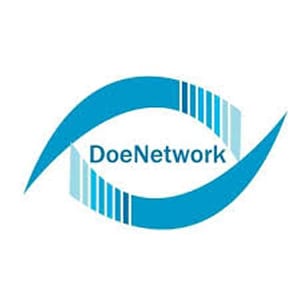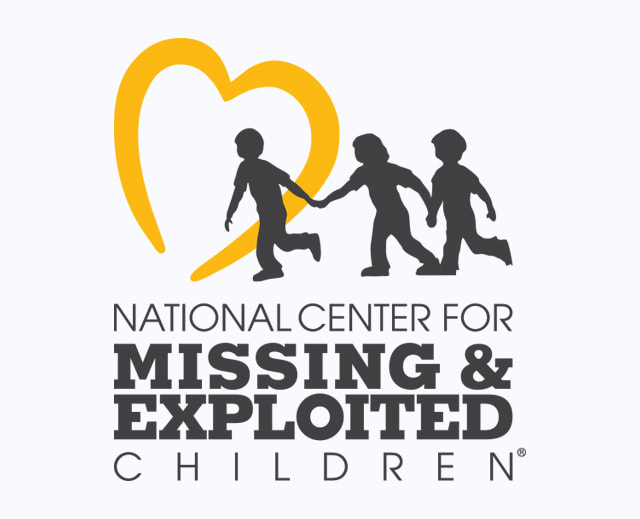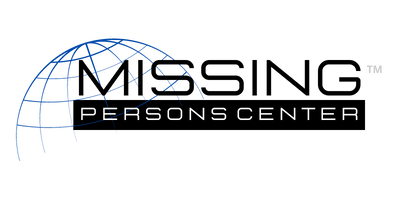National Resources
- National Center for Missing & Exploited Children800-THE-LOST (843-5678)
- National Runaway Safeline800-RUNAWAY (786-2929)
- National Missing and Unidentified Persons System (NamUs)833-872-5176
- National Suicide Prevention Lifeline800-273-8255
- National Domestic Violence Hotline800-799-SAFE (7233); TTY: 800-787-3224
- StrongHearts Native Helpline (for domestic, dating and sexual violence)844-7NATIVE (762-8483)
- National Human Trafficking Hotline888-373-7888; TTY: 711; Text HELP or INFO to 233733
- National Parent Helpline855-4A-PARENT (855-427-2736)
- BIA Missing and Murdered Unit833-560-2065; Text BIAMMU and your tip to 847411
- Sexual Assault Hotline800-656-HOPE (4673)
- Teen Dating Abuse Helpline866-331-9474; TTY: 866-331-8453; Text LOVEIS to 22522
- VictimConnect Hotline: 855-4-VICTIM (484-2846)
Here are a list of free resources and easily accessible reporting centers for family and loved ones who are searching for a missing loved one.
When someone “goes missing” it does not necessarily mean a crime has been committed. Until a law enforcement investigation is conducted, it may not be clear if an individual is in danger. This is why it’s critical for law enforcement to take a report on every missing person.
It’s also important to consider if a disappearance could be voluntary. Disconnecting from family, friends and community is a dramatic and life-changing decision and does not happen without significant reasons, which could include preventing abuse to the individual or immediate family members.
Missing ChildWhen a child under 18 years old disappears, dial 911 or contact tribal law enforcement immediately. The National Center for Missing & Exploited Children at 1-800-THE-LOST offers many resources to help families when a child goes missing.
When someone “goes missing” it does not necessarily mean a crime has been committed. Until a law enforcement investigation is conducted, it may not be clear if an individual is in danger. This is why it’s critical for law enforcement to take a report on every missing person.
It’s also important to consider if a disappearance could be voluntary. Disconnecting from family, friends and community is a dramatic and life-changing decision and does not happen without significant reasons, which could include preventing abuse to the individual or immediate family members.
Missing ChildWhen a child under 18 years old disappears, dial 911 or contact tribal law enforcement immediately. The National Center for Missing & Exploited Children at 1-800-THE-LOST offers many resources to help families when a child goes missing.
- AMBER Alert in Indian Country provides integrated, one-stop access to child protection resources for families, Tribal law enforcement and public safety professionals. The site also includes specific resources and links on missing children for parents and community members.
- National Center for Missing & Exploited Children is the central reporting center for missing children in the U.S.
- National Center for Missing & Exploited Children's List of Missing Child Clearinghouses provides contact information for each state’s missing child clearinghouse and resources to help with missing child cases.
- Missing-Child Emergency-Response Quick Reference Guide for Families Checklist is a checklist for families to use during an emergency response to a report of a missing or abducted child from the U.S. Dept. of Justice, Office of Juvenile Justice and Delinquency Prevention and the National Center for Missing & Exploited Children.
- National Runaway Safeline provides 24-hour services to youth and teens and information for concerned adults on youth-related issues.
- When Your Child Is Missing is a guide for families written by parents who experienced firsthand the trauma of a missing child, from the U.S. Dept. of Justice, Office of Juvenile Justice and Delinquency Prevention.
- When a Loved One Goes Missing: Resources for Families of Missing American Indian and Alaska Native Adults is a guide from Operation Lady Justice that provides information and resources to assist family members with the search for a missing adult loved one. This guide offers steps to take while searching for a loved one, suggestions about how to cope with trauma, and a list of resources.
- MMIW Toolkit for Families and Communities outlines steps to take when a Native woman goes missing, from the National Indigenous Women’s Resource Center.
- The Indian Health Service center locator allows you to search for IHS hospitals, behavioral centers and general health clinics, which you can contact to see if a loved one may have been seen there. Keep in mind, a patient can indicate they don’t want information shared and some institutions may prohibit giving out patient information to anyone.
- The National Missing and Unidentified Persons System (NamUs) is a free national information clearinghouse and resource center to report missing and unidentified persons cases. NamUs allows family members of missing persons to enter and search case information, and connects families with criminal justice professionals to assist in the search for their missing loved ones. Contact NamUs at 833-872-5176 or NamUs@usdoj.gov, or contact a regional support specialist.
- The FBI’s Violent Criminal Apprehension Program tracks violent crime data including information about missing and unidentified people.
- List of state medical examiners and coroners organizations throughout the United States from the Centers for Disease Control and Prevention.
Law enforcement agencies will differ from Tribe to Tribe and sometimes multiple agencies will be involved. This might include Tribal law enforcement, the Bureau of Indian Affairs, the FBI, local city/county police, and, in Alaska, the village public safety officer and state trooper — or a combination of these agencies. Based on circumstances, it may be helpful to notify Tribal law enforcement in the home community of the missing individual.
- Tips concerning a missing indigenous person or homicide in Indian Country can be submitted to the Bureau of Indian Affairs’ Missing & Murdered Unit via email or to the tip line at 833-560-2065. The tip line is confidential, toll free and available 24/7.
- The TIP 411 program allows you to send anonymous tips to the Bureau of Indian Affairs. To send a tip to the Missing & Murdered Unit, text “BIAMMU” and your tip to 847411.
- The National Crime Information Center (NCIC) Missing Person File Fact Sheet from Operation Lady Justice explains the Missing Person File, which draws data from over 18,000 federal, state, local, Tribal and territorial criminal justice agencies from all 50 states, U.S. territories and Canada.
- The Comparing the NamUs and NCIC Databases Fact Sheet from Operation Lady Justice explains the differences between the NamUs and NCIC databases in terms of accessibility, information and cases.
- The FBI provides resources and information for crime victims, including details about help for crime victims.
Law enforcement agencies will differ sometimes multiple agencies will be involved. This might include Tribal law enforcement, the Bureau of Indian Affairs, the FBI, local city/county police, and in Alaska the village public safety officer and state trooper — or a combination of these agencies. Based on circumstances, it may be helpful to notify Tribal law enforcement in the home community of the missing individual.
- Tips concerning a missing indigenous person or homicide in Indian Country can be submitted to the Bureau of Indian Affairs’ Missing & Murdered Unit via email or to the tip line at 833-560-2065. The tip line is confidential, toll free and available 24/7.
- The TIP 411 program allows you to send anonymous tips to the Bureau of Indian Affairs. To send a tip to the Missing & Murdered Unit, text “BIAMMU” and your tip to 847411.
- The National Crime Information Center (NCIC) Missing Person File Fact Sheet from Operation Lady Justice explains the Missing Person File, which draws data from over 18,000 federal, state, local, Tribal and territorial criminal justice agencies from all 50 states, U.S. territories
- All states receive federal funding to help support local victim assistance and compensation programs. There are also nongovernmental organizations that provide resources and services to crime victims.
- The Directory of Crime Victim Services is a searchable tool with information about available victim services throughout the country, maintained by the U.S. Dept. of Justice, Office for Victims of Crime. OVC also provides information about victim assistance and compensation programs available across the U.S.
- The National Association of Crime Victims Compensation Boards provides links to the state crime victim compensation programs. You can find specific information about each program's benefits, requirements and procedures by clicking on the links.
- Local legal aid services may be able to assist families with navigating the financial affairs and estate of a missing person. Search LawHelp.org for legal aid programs by state.
- The National Crime Victim Bar Association provides information for crime victims on pursuing justice through civil lawsuits, including an attorney referral service.







